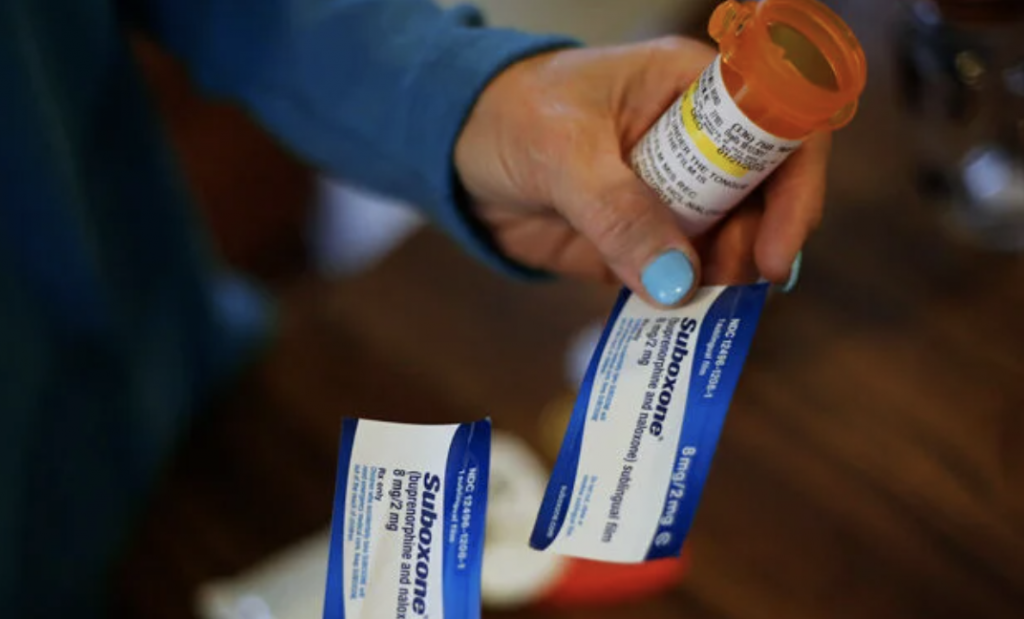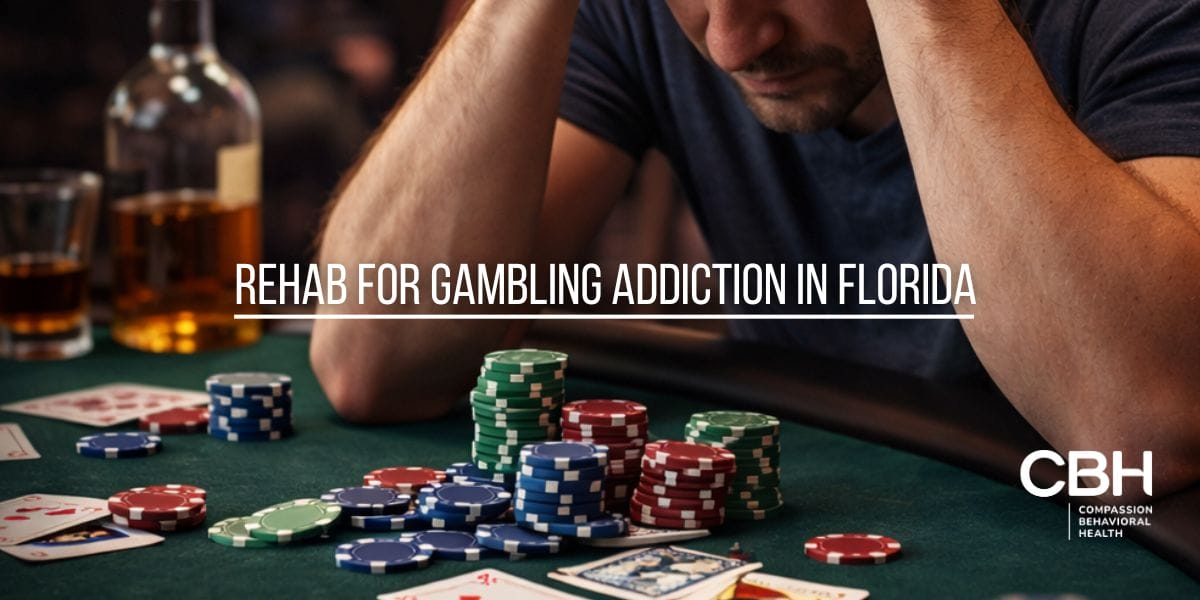For individuals undergoing addiction treatment, Suboxone has been hailed as a miracle drug; an alternative to harsher opiates like heroin and morphine. However, while it can make withdrawal and treatment easier, Suboxone itself can be habit-forming, leading to withdrawal symptoms when use is discontinued. But how do you know if the symptoms you’re experiencing are a result of Suboxone withdrawal? Here are 5 signs to look out for.
Understanding Suboxone and Its Uses
Before we delve into the signs of Suboxone withdrawal, let’s first understand what this drug is and how it’s used in addiction treatment.
Suboxone is a prescription medication that contains two key components: buprenorphine and naloxone. Buprenorphine is a partial opioid agonist that acts on the same receptors in the brain as opioids. This means that it can alleviate withdrawal symptoms, but to a lesser extent and without producing the addictive high. Naloxone, on the other hand, is used to prevent abuse of Suboxone by causing withdrawal symptoms if the drug is injected or snorted.
Suboxone is a relatively new medication, having been approved by the FDA in 2002 for the treatment of opioid addiction. Since then, it has become a popular choice for medication-assisted treatment (MAT) programs, which combine medication with counseling and other support services to help individuals overcome addiction.
How Does Suboxone Work in Addiction Treatment?
Suboxone works by binding to the same receptors in the brain as opioids, but in a different way. This means that it can alleviate withdrawal symptoms and reduce drug cravings, but without producing the same addictive high as opioids. It is often used as part of a tapering process, where the dosage is gradually decreased over time until the individual is no longer dependent on the drug.
Suboxone is also effective in reducing the risk of relapse. By reducing drug cravings and withdrawal symptoms, individuals are better able to focus on their recovery and the other aspects of their treatment program. It is important to note, however, that Suboxone is not a cure for addiction. It is just one tool in a comprehensive treatment program that should also include counseling, therapy, and other support services.
One of the benefits of Suboxone is that it can be prescribed by a physician and taken at home, which can be more convenient for individuals who are unable to attend a clinic or treatment center on a daily basis. This can also help to reduce the stigma associated with addiction treatment, as individuals can receive treatment in a more private and discreet manner.
Overall, Suboxone is a safe and effective medication for the treatment of opioid addiction. It can help individuals to manage withdrawal symptoms, reduce drug cravings, and decrease the risk of relapse. However, it is important to use Suboxone as part of a comprehensive treatment program that includes counseling, therapy, and other support services.
The Process of Suboxone Withdrawal
Suboxone, a medication used to treat opioid addiction, has been a game-changer for many people struggling with addiction. It can make addiction treatment easier and more bearable, giving individuals a chance to regain control of their lives. However, like any medication, it can also lead to withdrawal symptoms when use is discontinued.
Withdrawal symptoms from Suboxone can be uncomfortable and challenging to manage. The severity and duration of these symptoms may vary depending on several factors, including the length and intensity of use, the amount used, and individual differences.
Factors Influencing Withdrawal Symptoms
Withdrawal symptoms may be influenced by several factors, including individual physiology, how long the individual used Suboxone, how much was taken during use, and how the drug was used.
For example, someone who has been using Suboxone for a longer period of time and at higher doses may experience more severe withdrawal symptoms than someone who has only used it for a short time at lower doses.
Additionally, the method of use can also impact withdrawal symptoms. Those who have been injecting Suboxone may experience more severe symptoms than those who have been taking it orally.
The Timeline of Suboxone Withdrawal
The onset and duration of Suboxone withdrawal symptoms can vary depending on several factors, including the individual’s physiology and the intensity and duration of use.
Acute withdrawal symptoms may appear within 12-48 hours of discontinuing use and can last for up to two weeks or more. During this time, individuals may experience a range of symptoms, including:
- Insomnia
- Anxiety
- Irritability
- Nausea
- Vomiting
- Diarrhea
- Muscle aches
- Sweating
- Chills
While these symptoms can be challenging to manage, they are generally not life-threatening. However, it is essential to seek medical support and guidance when discontinuing Suboxone use to ensure a safe and comfortable withdrawal process.
It is also important to note that while acute withdrawal symptoms may subside after a few weeks, some individuals may experience post-acute withdrawal symptoms (PAWS). PAWS can last for several months and may include symptoms such as depression, anxiety, and difficulty concentrating.
Overall, the process of Suboxone withdrawal can be difficult, but with the right support and guidance, individuals can successfully manage their symptoms and move forward in their recovery journey.
Sign 1: Physical Symptoms
One of the most common signs of Suboxone withdrawal are physical symptoms, which can be uncomfortable and even painful. Here are some of the most common physical symptoms:
Flu-like Symptoms
Just like during the flu, individuals may experience physical symptoms such as muscle aches, chills, tremors, and sweating. These symptoms can make it difficult to go about daily activities and may last for several days.
Gastrointestinal Issues
Suboxone withdrawal can also lead to gastrointestinal issues such as nausea, vomiting, and diarrhea. These symptoms can be particularly severe and can make it difficult to eat or drink anything, leading to dehydration and malnutrition.
Insomnia and Restlessness
Insomnia and restlessness are also common symptoms of Suboxone withdrawal. Individuals may find it difficult to fall asleep or stay asleep, leading to daytime fatigue and irritability.
Sign 2: Psychological Symptoms
Withdrawal symptoms associated with Suboxone are not limited to physical symptoms, and can also include psychological symptoms. Here are some of the most common psychological symptoms:
Anxiety and Depression
Individuals may experience anxiety and depression, which can be particularly intense during the acute withdrawal phase. These symptoms can make it difficult to concentrate or engage in daily activities, and may last for several weeks or more.
Irritability and Mood Swings
Irritability and mood swings are also common psychological symptoms during Suboxone withdrawal. Individuals may find themselves becoming easily irritated or angry, even over minor issues. These symptoms can be particularly challenging to manage, as they can affect relationships and daily interactions.
Difficulty Concentrating
Difficulty concentrating is another common psychological symptom during Suboxone withdrawal. Individuals may find it difficult to focus on tasks or may have trouble remembering things. These symptoms can be particularly challenging to manage, as they can affect work or school performance.
Sign 3: Cravings and Drug-seeking Behavior
Cravings and drug-seeking behavior are another sign of Suboxone withdrawal, and can be particularly challenging to overcome. Here are some of the most common symptoms of cravings and drug-seeking behavior:
Intense Cravings for Suboxone or Other Opioids
Individuals may experience intense cravings for Suboxone or other opioids during withdrawal. These cravings can be particularly strong during the acute withdrawal phase and can make it difficult to resist relapse.
Returning to Old Habits and Environments
Individuals may also exhibit drug-seeking behavior, such as returning to old habits and environments where drugs were used. This behavior can be particularly challenging to overcome, as it can lead to relapse and a return to addiction.
Help For Suboxone Withdrawal In South Florida
Suboxone withdrawal can be a challenging and uncomfortable process, but it’s important to recognize the signs and seek help when necessary. At Compassion Behavioral Health, our team provides substance abuse treatment to individuals throughout the United States from our beautiful South Florida center. To learn more, reach out to us directly at (844) 612-0444.



